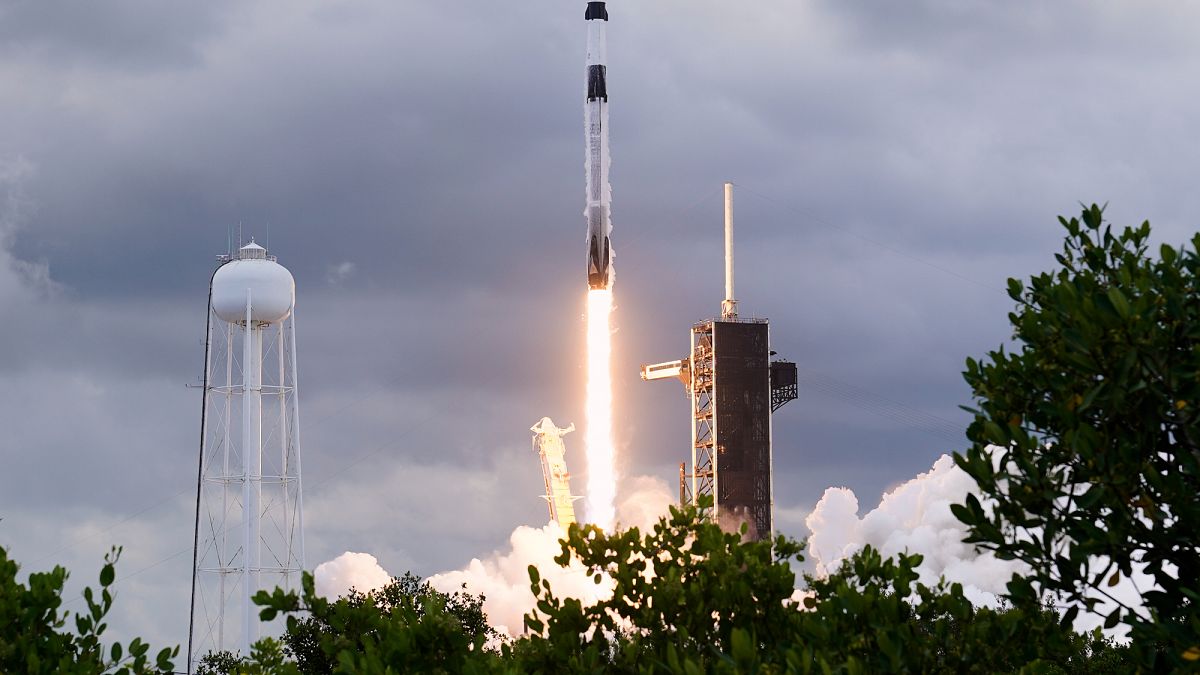

In an era characterized by rapid technological advancements and a growing commitment to environmental sustainability, global efforts continue to shape the future. Recent developments highlight the intersection of innovation and ecological consciousness, offering hope and inspiration amidst challenges. From the realms of space exploration to the digital frontier and sustainable energy, each stride reflects humanity’s potential to create a harmonious future.
Space exploration remains a testament to human innovation, as SpaceX successfully transports four astronauts to the International Space Station (ISS) in a record time of just 15 hours after launch. This international crew comprises two astronauts from NASA, alongside colleagues from Russia and Japan, symbolizing a collaborative spirit in advancing scientific knowledge. Their mission, anchored in mutual cooperation, aims to contribute valuable research that will benefit life on Earth and beyond, illustrating the power of global partnerships in space exploration.
In the digital domain, the advent of hyper-realistic AI-generated news anchors is reshaping the landscape of media and information dissemination. These virtual personas, indistinguishable from human counterparts, seamlessly deliver news content with vibrancy and clarity. However, the emergence of this technology raises critical questions about authenticity, as these AI-generated figures sometimes relay fabricated information. This phenomenon underscores the need for vigilant verification and ethical considerations in the digital age, emphasizing a balance between technological advancement and responsible media practices.
The commitment to cleaner energy takes center stage, as Kazakhstan embarks on an ambitious journey toward carbon neutrality by 2060. By harnessing the power of wind, solar, and nuclear energy, the country strives to reduce its carbon footprint and promote sustainable development. This strategic blend of renewable and atomic energy sources showcases Kazakhstan’s proactive approach to addressing environmental challenges. The initiative not only caters to immediate energy needs but also sets a precedent for achieving long-term ecological goals, inspiring other nations to adopt similar sustainable practices.
Amidst these technological and environmental trends, the European Union continues to lead the charge in AI governance with its AI Code initiative. Recently, 26 tech companies have pledged their commitment to this code, reinforcing their adherence to regulatory standards set forth by the forthcoming AI Act. This collective effort underscores the importance of responsible AI development and deployment, ensuring that technological progress aligns with ethical frameworks and societal values. It highlights the EU’s dedication to creating a safe and equitable digital ecosystem, fostering innovation while protecting public interests.
These interconnected stories of space exploration, digital media innovation, sustainable energy transition, and AI governance reflect a world in constant evolution. As we navigate these changes, the underlying theme remains clear: collaboration, responsibility, and innovation serve as guiding principles. By embracing these elements, humanity can forge a future that is not only technologically advanced but also environmentally sustainable and ethically grounded. This vision of progress invites us all to participate actively in crafting a tomorrow that benefits generations to come.
Source: {link}
